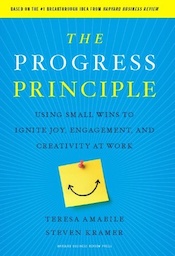
Direction, Alignment, Commitment: Achieving Better Results Through Leadership, Second Edition
by Cynthia McCauley and Lynn Fick-Cooper, Center for Creative Leadership
This book aims to help us refine our perspective on group performance by deepening our understanding of “leadership” and its impact on collective success. It encourages us to move beyond instinctively blaming individual leaders for poor performance. Instead, it urges us to recognize that leadership is a social process involving factors across the group, extending beyond the person in charge. As a result, a “leadership” problem isn’t always a “leader” problem. Effective leadership yields three outcomes within the group: direction, alignment, and commitment (DAC). We can enhance the overall success of the group by assessing and improving DAC variables in a holistic manner.





